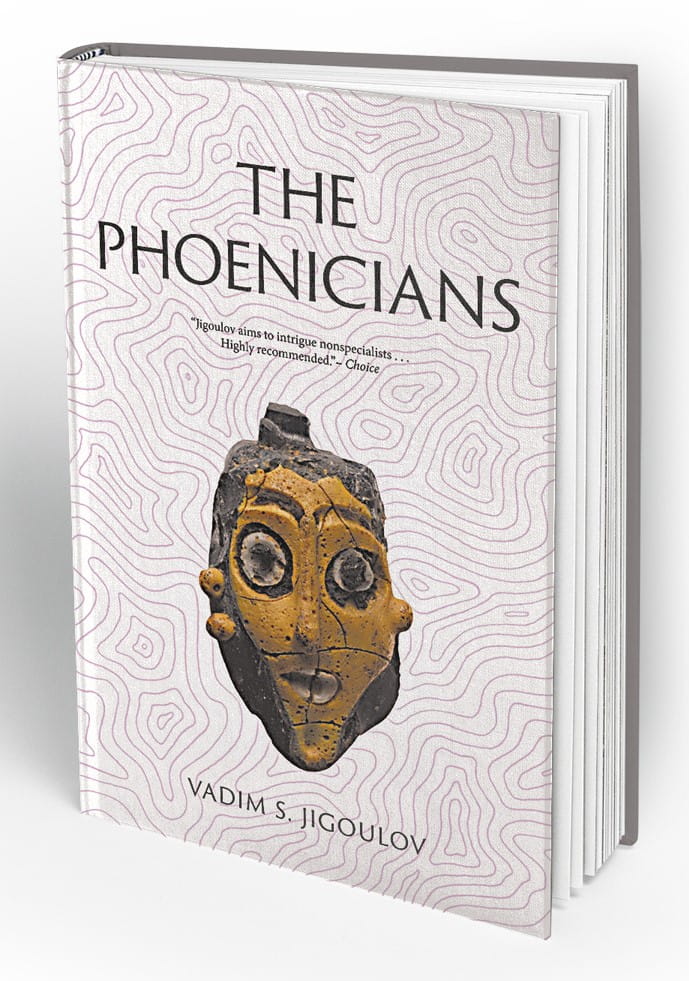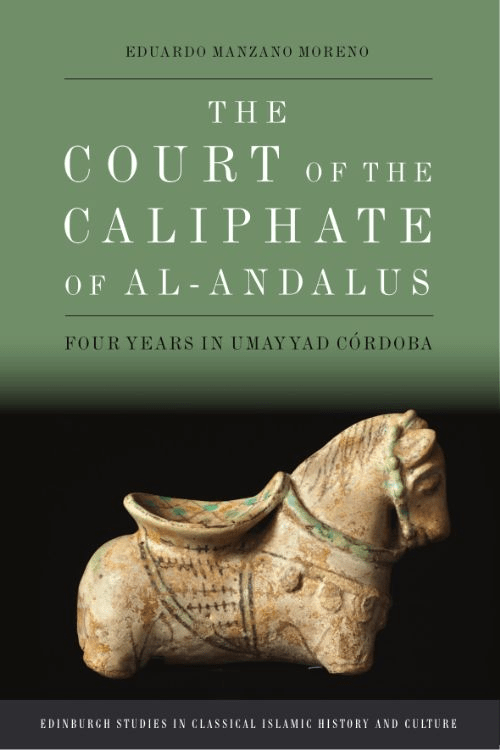
Around the World in 80 Trees
Tom Verde
Jonathan Drori.
2018, Laurence King Publishing Ltd 978-1-78627-1-617, $24.99 hb.
This engrossing title tells the botanical backstories of six dozen or so trees (out of the world’s 60,000 known species) that have had “surprising human ramifications.” Many are from the Muslim world. The “primary ancestor of all the apples we eat” came from the “central Asian hillsides” of Kazakhstan and was among the world’s earliest domesticated plants. Without “exaggeration … the magnificent cedar of Lebanon played a critical role in the development of civilization … used for temples and palaces” throughout the ancient world. While technically not a tree, the date palm “altered the course of history by enabling large numbers of people to live in deserts,” while Morocco’s argan tree enjoys a complex relationship between goats that climb its branches to eat its tough-skinned fruit and the Berber women who then gather the excreted seeds to extract their precious oil. Artful illustrations accompany each entry.
You may also be interested in...

The Phoenicians
Rather than a single civilization, the Phoenicians appear here as a fleet of city-states-Arwad, Byblos, Sidon and Tyre-whose sea routes and trade networks tied the ancient Mediterranean together.
New Perspective Offered in The Court of the Caliphate of al-Andalus — Our Book Review
Author Eduardo Manzano Moreno gives life to a court scribe’s observations of Córdoba to offer a rarely explored view of the era